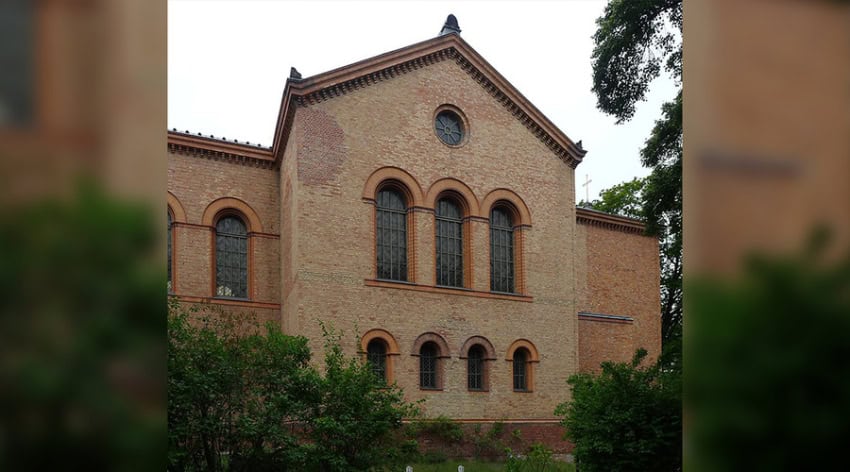BERLIN – Germany’s first “liberal mosque” has opened inside a Protestant church in Berlin. Niqabs and burkas will be banned from the place of worship, with its organizer saying they are a “political statement” and “have nothing to do with religion.”
Seyran Ates’ vision of a liberal mosque where all Muslims can pray together — women and men, Sunni and Shiite, straight and gay — is almost a reality, and the 54-year-old daughter of Turkish guest workers in Germany is ecstatic as she enters the light-flooded room undergoing its final touches.
“Fundamentally, the mosque’s door is open for everyone, with one exception: No one will come in with a niqab or burka,” organizer Seyran Ates, who moved to Germany from Turkey when she was six years old, told Spiegel Online.

Banning the headwear often worn by females in the Muslim community isn’t the only modern-day twist being brought to the Ibn Ruschd-Goethe mosque, which is named after Islamic philosopher Ibn Rushd (Averroes) and iconic German author Johann Wolfgang von Goethe, according to the Berliner Morgenpost.
According to Ates, men and women will also be allowed to pray and preach together, rather than separately. Members of the LGBT community will also be welcomed.
Sunni and Shiite Muslims are also encouraged to pray together at the mosque.
Ates, a feminist, peace activist and lawyer, said she felt it was “ultimately irresponsible” for a progressive Muslim woman like herself to simply complain about conservative Islamic organizations, rather than start her own mosque.
She said she was inspired to launch the mosque after speaking to Finance Minister Wolfgang Schäuble, who once told her that liberal Muslims should band together.
Ates is renting space for the mosque from the Protestant St. Johannes Church. However, she previously told DPA that she hopes the mosque will one day have its own building.
She said she aims to reach “those who have not felt at home in any mosque in Berlin,” who want to live a “modern, peaceful, liberal, and tolerant faith” and “do not want any politically divisive sermons.”














